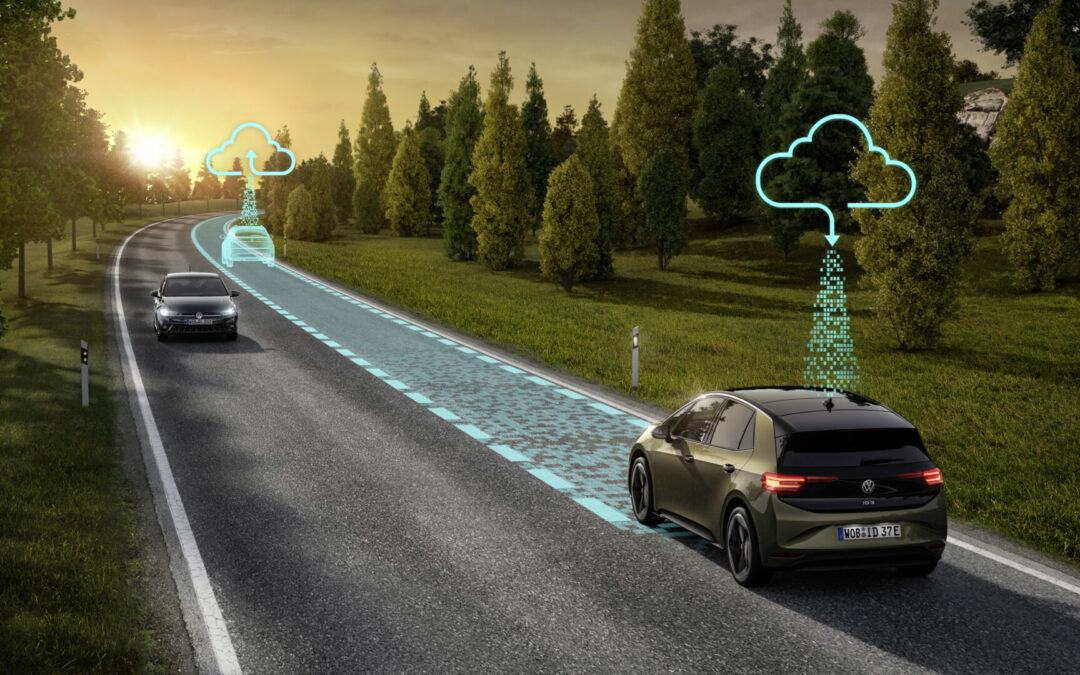With the use of car data, the automotive industry is going through a revolution. Data can now show us a vast amount of rich information about a car. From its technical conditions to handling or usage. Workshops can change their approach to customer service. In this article, we’ll present how data can change workshops’ customer service.
Customer service – from reactive to proactive
The service advisor can be proactive through connectivity. The OBD II device collects battery health every couple of hours. Hence, the workshop can transform its service from reactive to proactive.
Firstly, Data-driven and predictive maintenance are able to identify possible maintenance issues. These methods learn from the patterns in the sensor data from the individual car.
With this data-driven approach, workshops are able to reduce car downtime and address problems early. Additionally, this approach can reduce costs for the driver. Workshops can prepare ahead and provide a seamless customer experience. From ConnectedWorkshop, service advisors can send chat messages, book a time or send quotes.
Real-life examples of data-driven maintenance
Every day we receive around 15 million data points related to service and oil changes alone. Driving patterns generate tailored predictions.
Moreover, a healthy battery has a voltage of around 12.6V when the car is not in use. Below are examples of voltage graphs of batteries in good and bad shape. In the latter, the battery is not able to recharge to the normal voltage even after driving.

Monitoring the battery health of thousands of cars connected would be a daunting task for a service advisor. Algorithms and alerts monitor connected cars 24/7. Notifications come if problems arise in the workshop and with the customer. With these insights, the service advisor can be proactive and book the driver ahead of time. This changes customer service from reactive to proactive.
The future of maintenance is predictive
Firstly, predictive maintenance is the ability to foresee problems before they happen. Consequently, data-driven and predictive models are the future.






